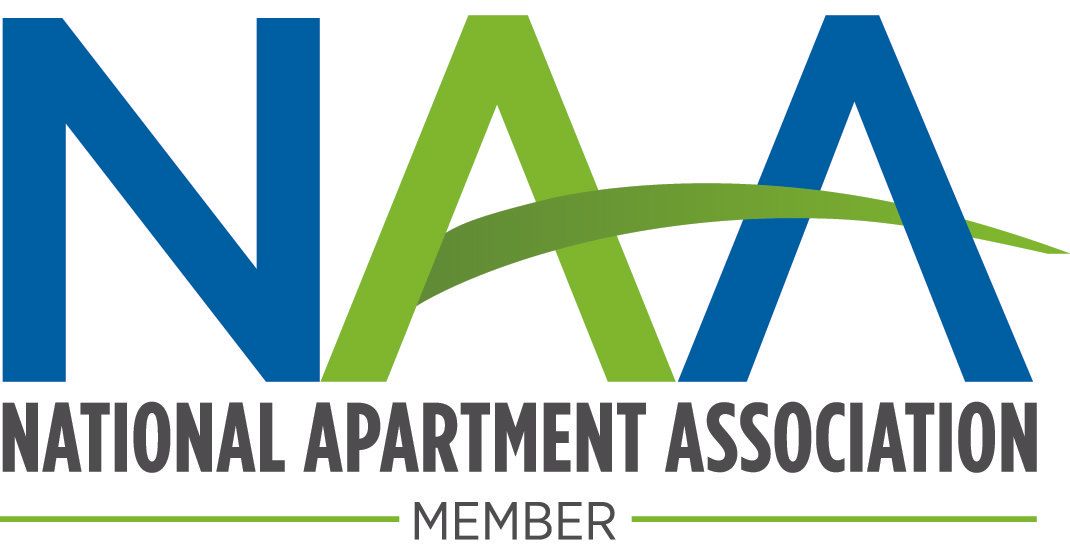Questions to Answer Before You Invest in Multifamily Real Estate
Michael James, Founder, JG2 Companies
Align Your Goals With A Syndicator That Will Deliver
Let’s start by defining a syndicator, also referred to as a sponsor or operator. S/he is the person or group that manages a real estate investment opportunity. The syndicator is responsible for bringing together multiple investors and pools their capital to invest in a single real estate opportunity they’ve found. I should note that the syndicator may also be an investor in the property, but more on that later. The main advantage of syndication is that an opportunity that would be too expensive for an individual investor is now a possibility. Once funds are exchanged, the investor becomes a limited partner and shares in the profit accordingly.
So how do you determine if a syndicator is right for you? How do you find a group that will make the most profitable investment with the lowest risk and aligns with your goals? Of course, you’ll start with what type of returns they achieved in the past when investing in other similar properties, but there’s more than just numbers that can help you vet a syndicator.
If you answer these questions and look for these qualities, you will ensure that your investment achieves the return you seek.
Property Grade Expertise: Is the Syndicator an Expert in the Property grade?
One of the most important things to look for is a syndicator that is an expert in the type of real estate you are investing in. You’ll want to ask what their previous experience is and what returns they achieved investing in that particular housing type or property grade. Experience is essential because each property grade will yield different syndicator requirements once the purchase is complete.
Renovation
The grade of property you’re purchasing will drive the amount of renovation needed for a property. An A grade property may require no improvement while a B grade in good condition may require minimal. However, a B- or C value add investment will require more renovation. You’ll want to make sure the syndicator has a team experienced with the type and severity of repairs needed and that they can complete the improvements in an efficient, timely manner.
Property Management: Maintenance, Management, Leasing, Marketing
If the syndicator has experience maintaining and managing a property similar to what you’re investing in, you can feel more confident they will be able to address issues quickly and keep residents happy. This is important because an older or lower grade property will bring different challenges than a newer one.
- Do they have property management experience for this property grade?
- Do they have experience building a strong team that will market the property in the right channels for this building type and demographic?
- Do they have an efficient leasing process?
- Do they put marketing dollars behind their property for advertising, collateral, signage, other?
- Do they fill vacancies quickly?
Service
Positive customer experience is critical to the success of a business. It’s no different when managing a property. You’ll want to get a feel for the standards the syndicator maintains for their staff and learn if they match your expectations.
Once the property is purchased and under their management, you’ll want current residents to be happy and renew their leases annually. This will enable a steady stream of cash flow that will facilitate the buy-down of the mortgage. Some good questions to ask include:
- Do they know how to provide an exceptional customer experience for the residents they’ll be supporting?
- Have they created events and activities enjoyed by the demographic of the property?
- How do residents rate their other properties?
- What do their resident surveys say about maintenance and property management support?
Location Expertise: Do They Know How to Serve the Area and Demographics?
You’ll want to ensure your syndicator is an authority on the location you’re investing in. It’s likely that you may not be from the area, and that’s fine because it’s the syndicator that will be hands-on and needs the expertise in the following to enable them to generate the returns you anticipate.
- So how do you determine if the syndicator is an expert in an area? Here are key questions to ask.
- What are the trends in this area?
- Are rents going up or down? What’s the average rent for this building now and once renovated?
- What are the occupancy trends?
- Workforce Trends: What are the needs of the people that live and work in the area? What companies are hiring and growing? Who’s shrinking or firing?
- Are they trending to suburbs, urban core development, and why?
- What are the demographics of the residents and prospective residents of this property?
- What attracts residents to this type of property? Is it easy to commute to town, weather patterns, livability, cost of living?
- What is the school situation, and how does it work for the demographic of this property?
- Are colleges nearby, and what are their housing needs? What are the needs of the students when they graduate?
- Are they active in the chamber of commerce and aware of what the state is doing to attract companies for future growth in the location?
- What infrastructure is planned or being built that could impact occupancy?
Relationships: Do they have solid relationships with brokers and others in the area?
Finding out if the syndicator you’re considering partnering with is well-respected and trusted by those s/he works with can be a great sign of what they’ll be like to work with once you’re invested with them.
You’ll want to ask or attain:
- Broker References:
- Do they have contacts with brokers in areas you’re looking to invest in that they can share with you?
- How long has the broker worked with them, and what has their experience been?
- Do they close on time?
- Do they have a good reputation?
- Are they trustworthy?
- Get names and numbers, and do your due diligence.
A good relationship with a broker is worth its weight in gold. They will often provide leads to a syndicator they like and trust in advance of the property hitting the market because they know that property type is their specialty.
So investor beware. If you work with an average syndicator, they won’t find out about deals as early as those with established relationships and a good reputation. Instead, they’ll only be aware of the properties going on the market to the masses. As a result, they’ll compete with others, and the result is you’ll get an average property, for an average price that yields an average return. Who wants to be average?
It’s OK To Say ‘No’
What it comes down to is that you need to be able to say no to the wrong investment. One bad investment that is not profitable has the potential to take up the same time as three properties running well.
As an investor, if the deal doesn’t sound or feel right, say no and move on to another opportunity. Seek a syndicator that isn’t driven by fees, but instead is driven by excellent investment properties.
Will the Syndicator Also Be An Investor?
Finally, it’s essential to ask if the syndicator or members of the group will also be personally investing in the property? This is not a have to have; however, if they will be investing, they too will have a vested interest in the property’s success.
So to recap, if a syndicator you’re looking at has not invested in that property type or grade before, is investing in many different property types, and can’t answer the questions above, bells should go off. You want to make sure you’re dealing with a syndicator with experience. Investing in multifamily real estate is not a time you want to be tied to a group experimenting with your money in an area for the first time.
You want a syndicator who has successfully delivered ROI in the past. We're always happy to answer questions. Feel free to contact us or learn more about us
and our investor services.

JG² Companies owns, develops, and manages distinctive multifamily communities in Indiana and focuses on ensuring that every apartment provides a comfortable, welcoming home for residents while delivering returns for investors.
-Michael James, Founder & President






